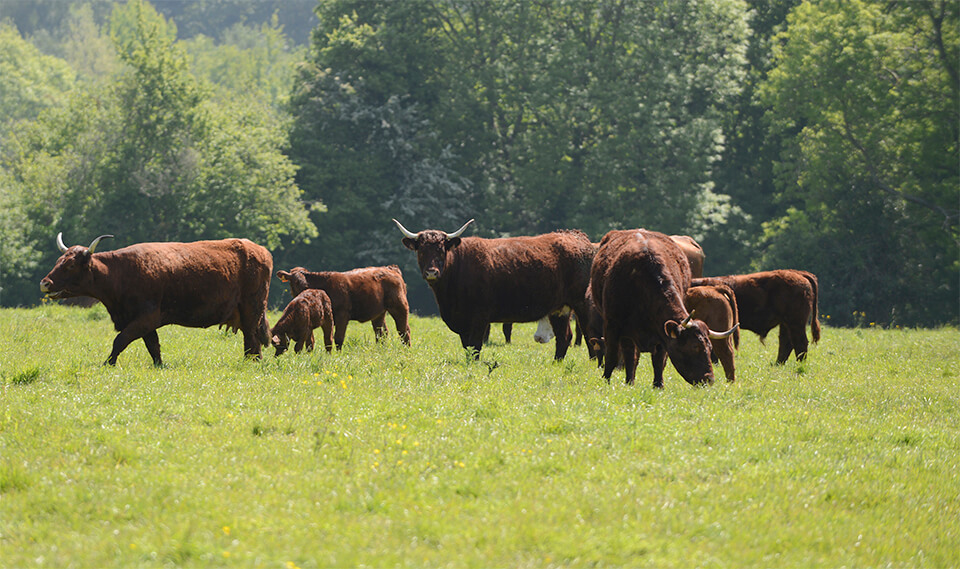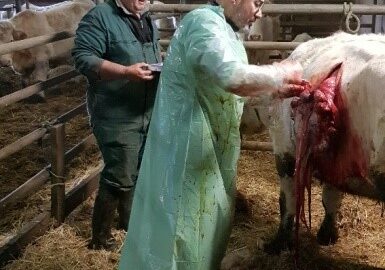Deux ans de suivi des causes d’avortement bovin en Wallonie

Auteurs
Résumé
Pendant deux ans, le Fonds de Santé a financé l’investigation des causes d’avortement chez le bovin en Wallonie. Les analyses portaient principalement sur les causes infectieuses. Chez les mères, une sérologie, si possible couplée, était réalisée, ainsi qu’un dosage de la glutathion peroxydase. Plus de 1000 avortons ont ainsi été analysés. Les pathogènes les plus fréquemment retrouvés sont Arcanobacterium pyogenes, Escherichia coli, Aspergillus sp. et Neospora caninum. Les effets du BTV-8 sont également abordés. Un agent pathogène a été détecté chez 53,2 % des fœtus. À ce résultat, il faut ajouter certaines informations sérologiques pertinentes et la mise en évidence de carences en sélénium fréquentes ou de malformations incompatibles avec la vie extra-utérine.
Abstract
Over a 2 year period, an Animal Health Fund sponsored a study on cattle abortion in Wallonia. The analyses undertaken targeted mainly the infectious causes of abortion. Serology, paired if possible, was performed on dams, as well as a glutathion peroxydase assay. More than a thousand foetuses were analyzed. The infectious agents the most frequently detected were: Arcanobacterium pyogenes and Escherichia coli bacteria followed by Aspergillus and Neospora caninum. The authors also discuss the impact of BTV-8 on abortion. In 53.2% of foetuses, a specific pathogen was detected. Additional information was also obtained : from serological analysis, selenium deficiency was frequently detected and some foetal malformations were observed which were incompatible with calf survival.
D'autres articles
JNGTV GTV2025 Page 551
Bovins · Aucun thème
Place de la viande rouge dans un régime alimentaire durable (consommation et nutrition)
Découvrez aussi nos formations
05 janvier 2026
5 jours
Bovin laitier · Bovin viande · Bovins

